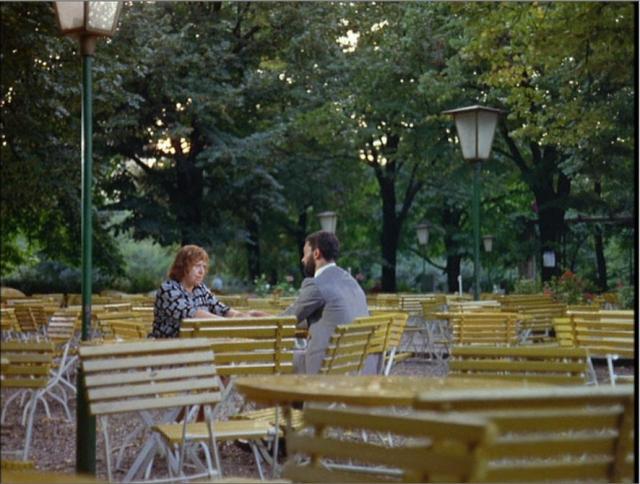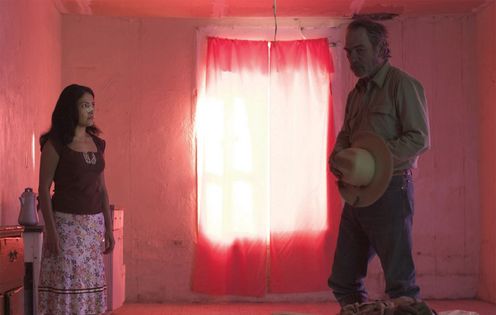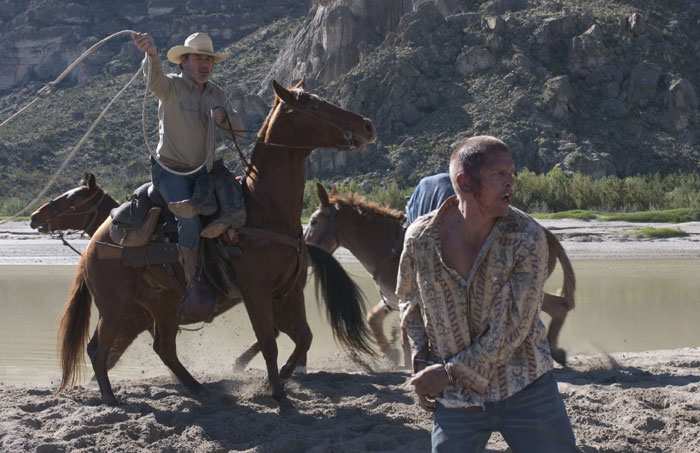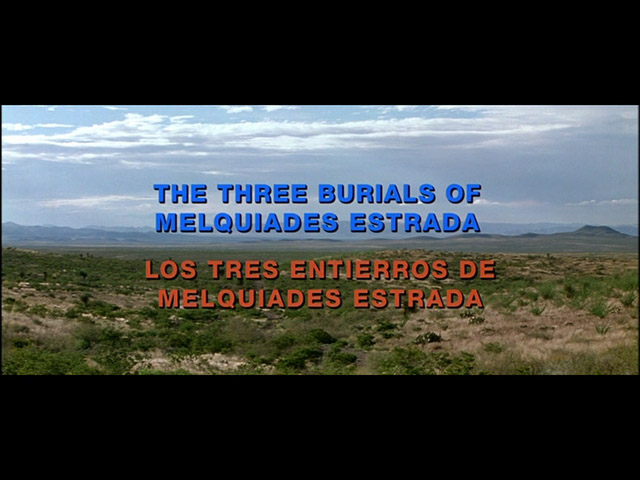This is one of a series of essays that I wrote in 2007 about four Fassbinder films for Madman, the Australian DVD label. The other three — on Martha, Katzelmacher, and The Bitter Tea of Petra von Kant — can be found elsewhere on this site. —J.R.

I’m still trying to figure out what I think of Rainer Werner Fassbinder (1945-1982). An awesomely prolific filmmaker (he turned out seven features in 1970 alone), he became the height of Euro-American fashion during the mid-70s, then went into nearly total eclipse after his death from a drug overdose –- reminding us that the fates of the fashionable can often be precarious.

Openly bisexual, tyrannical on his sets, and habitually dressed in a leather jacket, Fassbinder cut a starlike figure in the firmament of New German Cinema, though he was hardly alone. If the French New Wave of the 60s was mainly about films, the New German Cinema of the 70s was mainly about filmmakers, and each of the best-known directors had a claim to fame that was mainly a matter of public image: eccentric exhibitionism crossed with German romanticism (Werner Herzog), existentialist hip crossed with black attire and rock ‘n’ roll (Wim Wenders), Wagnerian pronouncements (Hans-Jürgen Syberberg), a dandy’s stupefied worship of shrines and divas (Werner Schroeter), and so on. Read more
This appeared in the Chicago Reader‘s February 3, 2006 issue. Tommy Lee Jones’ subsequent feature, The Homesman, confirms the talent, originality, and boldness of Jones as a director, even if it may also come across at certain junctures as less lucid than its predecessor. — J.R.


The Three Burials of Melquiades Estrada
**** (Masterpiece)
Directed by Tommy Lee Jones
Written bu Guillermo Arriaga
With Jones, Barry Pepper, Julio Cesar Cedillo, Dwight Yoakam, January Jones, and Melissa Leo

At last year’s Cannes film festival, The Three Burials of Melquiades Estrada walked off with the prizes for best actor (Tommy Lee Jones) and best screenplay (Guillermo Arriaga). It’s often hard to disentangle story, acting, and direction when they’re working together as well as they are here, but I would have honored Jones for his direction. That prize went to Michael Haneke for Caché, his eighth theatrical feature. This is Jones’s first, though he directed (and cowrote and starred in) a made-for-TV western, the 1995 The Good Old Boys.
Both Haneke’s and Jones’s films are political. The Three Burials of Melquiades Estrada, a western, protests the abusive treatment of Mexican immigrants in west Texas, and Caché, an anxiety-ridden crime thriller, protests the abusive treatment of Algerians in France. Read more

Cinema. Film Study. What a pity that the left hand rarely knows what the right hand is doing, and vice versa.
Thanks to the generosity of Girish Shambu, I’m the happy owner of a copy of Timothy Barnard’s retranslated, reselected, and annotated edition of André Bazin’s What is Cinema?, recently published in a handsome hardcover by www.caboosebooks.com, based in Montreal, with Varvara Stepanova’s 1922 woodcut of Charlie Chaplin, Sharlo Takes a Bow, gracing the cover.
First, here is the selection: “Ontology of the Photographic Image,” “The Myth of Total Cinema,” “On Jean Painlevé” (a short fragment that Barnard has translated for the first time), “An Introduction to the Charlie Chaplin Persona,” “Monsieur Hulot and Time,” “William Wyler, the Jansenist of Mise en Scène,” “Editing Prohibited,” “The Evolution of Film Language,” “For an Impure Cinema: In Defense of Adaptation,” “Diary of a Country Priest and the Robert Bresson Style,” “Theatre and Film (1),” “Theatre and Film (2),” and “Cinematic Realism and the Italian School of the Liberation”.
Regrettably, the 354-page book, with a ten-page Publisher’s Foreword, the aforementioned 13 essays by Bazin, 61 pages of helpful annotation, a combined 19-page Glossary of Films and Film Title Index, and a six-page Index of Names, is unavailable to most people outside of Canada, and for legal reasons, including copyright laws, you can’t even order this from Canadian Amazon. Read more






